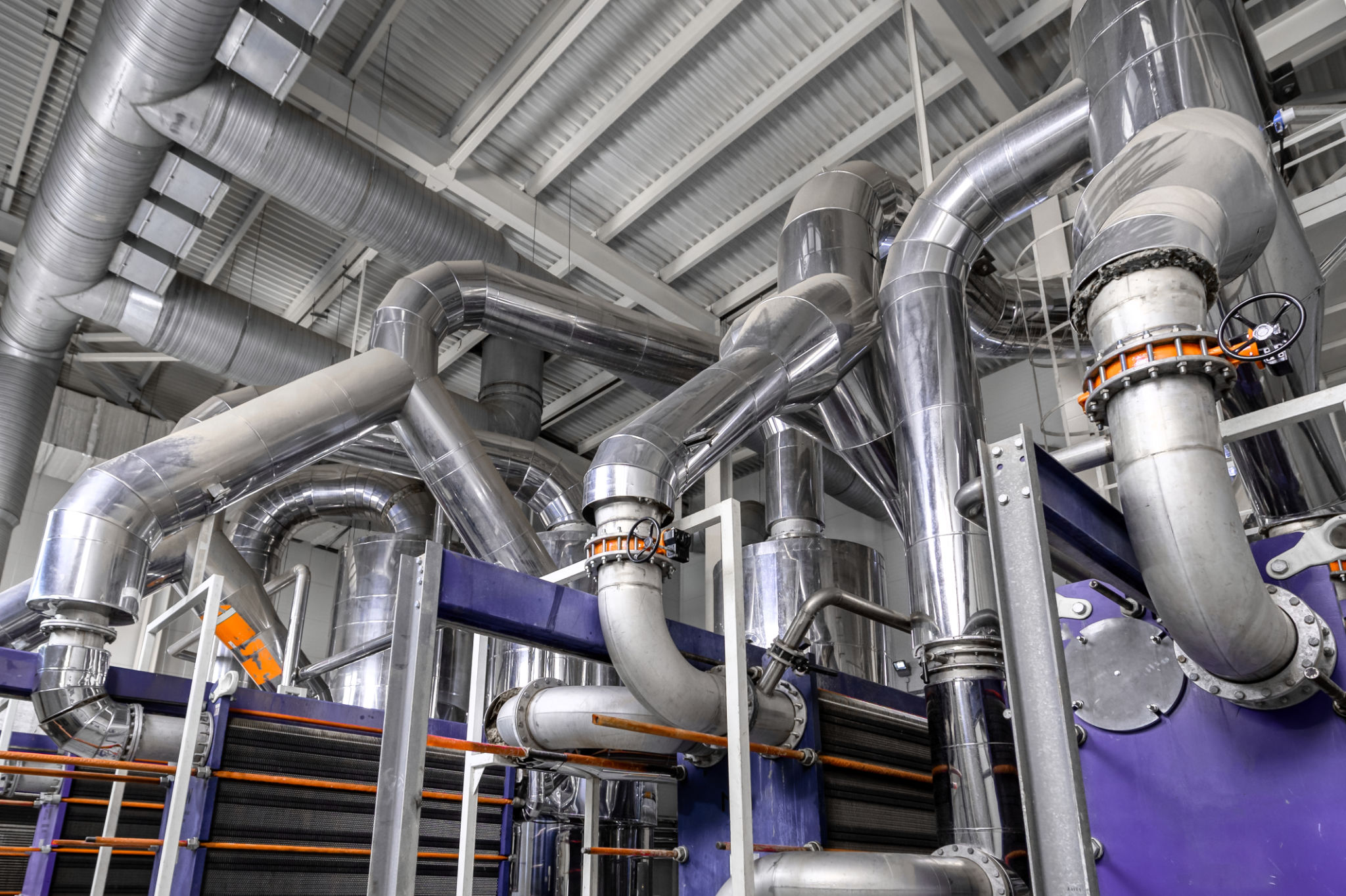Comparing Tankless vs. Traditional Water Heaters: Which is Right for You?
Understanding Water Heater Options
When it comes to choosing a water heater for your home, the decision often boils down to two main types: tankless and traditional water heaters. Each comes with its own set of pros and cons, and selecting the right one depends on several factors including your household needs, budget, and long-term plans.
Before making a decision, it’s essential to understand the fundamental differences between these two types of water heaters. Traditional water heaters store a large volume of water in a tank and keep it heated for use. In contrast, tankless models heat water on demand, providing a continuous flow of hot water without storing it.

Energy Efficiency
One of the most significant considerations in choosing a water heater is energy efficiency. Tankless water heaters are known for their energy-saving benefits. Because they only heat water as needed, they can be up to 34% more energy-efficient than traditional models for households that use 41 gallons or less of hot water daily.
On the other hand, traditional water heaters consume more energy since they continuously heat the stored water to maintain the desired temperature. This can lead to higher utility bills over time, especially in larger households.

Installation and Costs
The initial cost of a tankless water heater is generally higher than that of a traditional one. However, tankless models often have a longer lifespan—up to 20 years compared to the 10-15 years of traditional heaters—potentially offsetting the initial investment with long-term savings.
Installation can also vary in complexity and cost. Tankless systems may require modifications to your home’s plumbing and electrical systems, leading to higher installation costs. Traditional heaters are typically easier and less expensive to install but may require more frequent maintenance.
Performance and Convenience
For many, the choice between tankless and traditional water heaters hinges on performance and convenience. Tankless models offer an endless supply of hot water, perfect for families with high hot water demands or those who enjoy long showers.

Traditional water heaters, however, can run out of hot water if the demand exceeds the tank's capacity. This makes them less suitable for households with simultaneous high hot water usage unless a larger tank is installed, which can take up more space.
Environmental Impact
If reducing your carbon footprint is a priority, tankless water heaters are generally the more eco-friendly option. Their efficient operation means less energy consumption and fewer emissions compared to traditional models.
Additionally, many tankless units are made with recyclable materials and have replaceable parts, which can further reduce their environmental impact over time.

Making the Right Choice
Ultimately, choosing between a tankless and traditional water heater depends on your unique circumstances. Considerations such as budget, space availability, hot water needs, and environmental priorities all play a role in your decision.
If upfront cost is less of an issue and you’re looking for long-term savings and efficiency, a tankless model might be the way to go. However, if you prefer the familiarity and simplicity of a traditional system, it remains a reliable choice for many homeowners.
